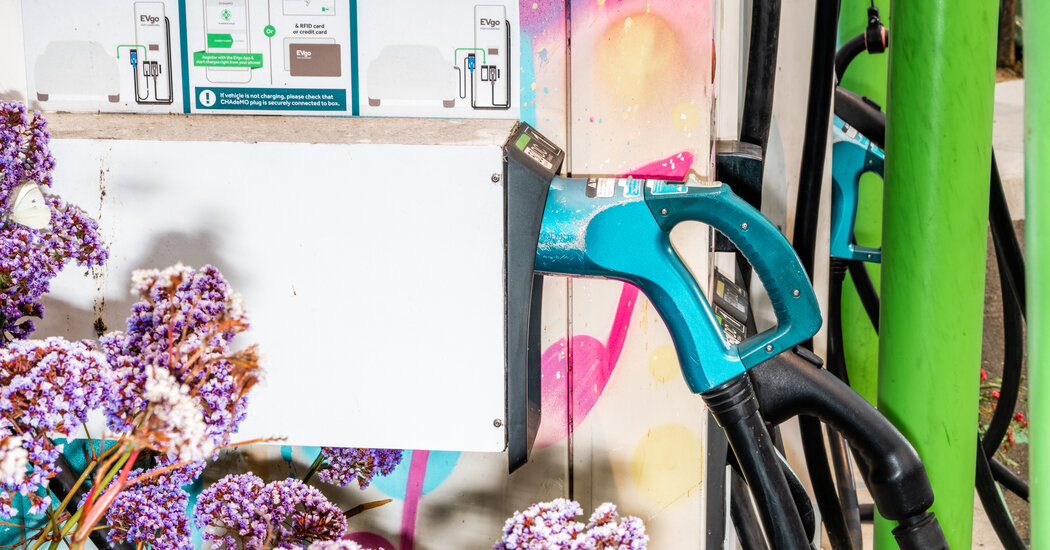
For years, start-ups, automakers and other companies have been slowly building chargers, mainly in California and other coastal states where most electric cars are sold. These businesses use different strategies to make money, and auto experts say it is not clear which will succeed. The company with the most stations, ChargePoint, sells chargers to individuals, workplaces, stores, condo and apartment buildings, and businesses with fleets of electric vehicles. It collects subscription fees for software that manages the chargers. Tesla offers charging mainly to get people to buy its cars. And others make money by selling electricity to drivers.
The Transition to Electric Cars
Once the poor cousin to the hip business of making sleek electric cars, the charging industry has been swept up in its own gold rush. Venture capital firms poured nearly $1 billion into charging companies last year, more than the five previous years combined, according to PitchBook. So far in 2021, venture capital investments are up to more than $550 million.
On Wall Street, publicly traded special purpose acquisition companies, or SPACs, have struck deals to buy eight charging companies out of 26 deals involving electric vehicle and related businesses, according to Dealogic, a research firm. The deals typically include an infusion of hundreds of millions of dollars from big investors like BlackRock.
“It’s early, and folks are trying to wrap their heads around what does the potential look like,” said Gabe Daoud Jr., a managing director and analyst at Cowen, an investment bank.
These businesses could benefit from the infrastructure bill, but it is not clear how the Biden administration would distribute money for charging stations.
Another unanswered question is who will be the Exxon Mobil of the electric car age. It might well be automakers.
Tesla, which makes about two-thirds of the electric cars sold in the United States, has built thousands of chargers, which it made free for early customers. The company could open its network to vehicles made by other automakers by the end of the year, its chief executive, Elon Musk, said in July.



